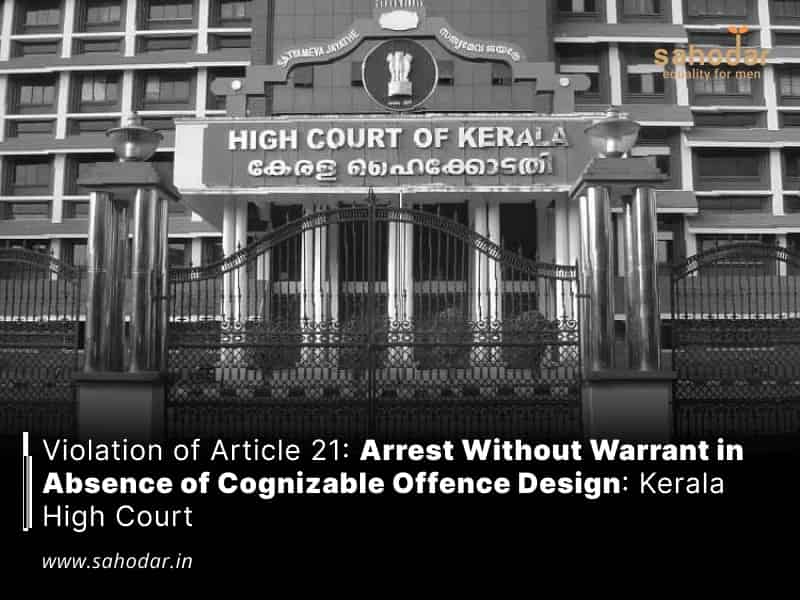The Kerala High Court recently restated that the police cannot use Section 151 of the Code of Criminal Procedure to arrest someone without knowledge of a plan to commit a recognizable offense and a belief that arresting that person would prevent the offense. In a ruling by Justice Bechu Kurian Thomas, it was emphasized that the extraordinary power of arresting without a warrant should only be used for preventive justice and with strict interpretation of the law to avoid any misuse of such powers. The judge further stated that the police must have a legitimate belief that there is an imminent danger and that the arrest must be necessary to avert the threat of a cognizable offense. Therefore, without knowledge of a plan to commit an offense and without an imminent threat, a police officer cannot make an arrest under Section 151 of the Code without a warrant from a magistrate.
The court’s consideration of a petition filed by a practicing advocate who had been arrested on an FIR alleging that he posed a threat to public peace led to a warning against the misuse of Section 151 of the CrPC. Despite being released from the police station after recording his arrest, the advocate filed a plea with the court, which emphasized that any misuse of this provision would be a violation of Article 21 of the Indian Constitution. The court stated that, in the absence of legitimate evidence indicating a design to commit an offense that cannot be prevented without arresting the person, the use of Section 151 would not only violate the provisions of the CrPC, but also Article 21 of the Constitution. The court emphasized the importance of avoiding any possible misuse of this provision, which could have serious implications for constitutional rights.
The court noted that due to the potential for misuse of Section 151 of the CrPC, which could have serious implications for Article 21 of the Indian Constitution, this provision looms ominously over the other provisions of the Code. Therefore, it is important to note that if there is no legitimate material or evidence indicating a plan to commit a crime that cannot be prevented without arresting the person, the use of Section 151 would be in violation not only of Section 151 of the Code, but also of Article 21 of the Indian Constitution. The court’s emphasis on the need to avoid any possible misuse of this provision highlights the importance of protecting constitutional rights.
Source: https://www.livelaw.in/news-updates/police-can-arrest-without-warrant-under-151-crpc-only-when-there-is-knowledge-of-existence-of-design-to-commit-cognizable-offence-225450

